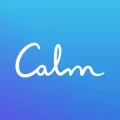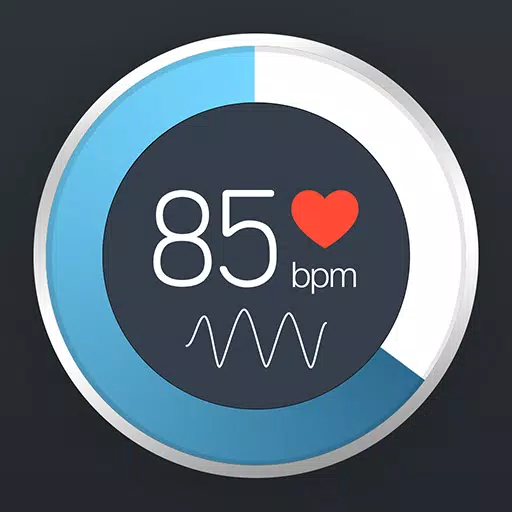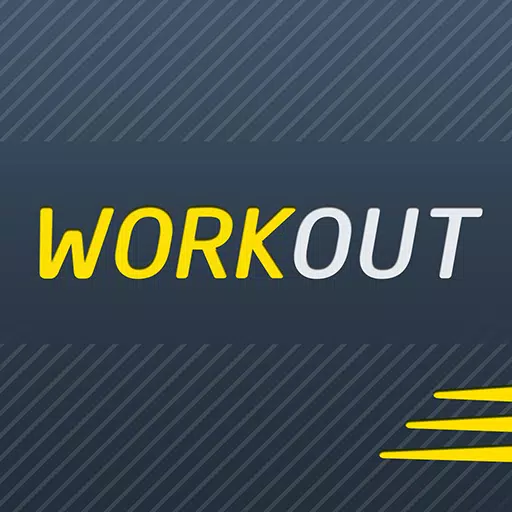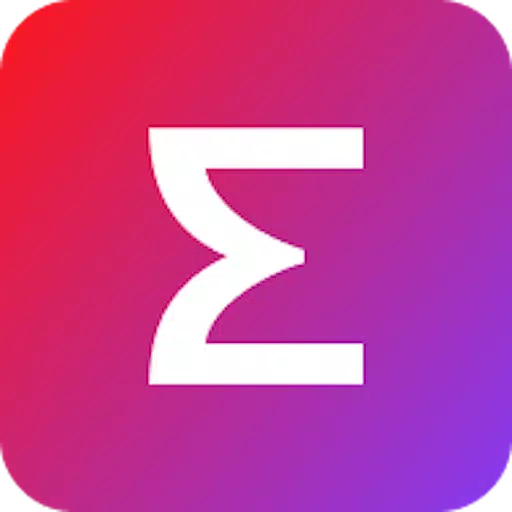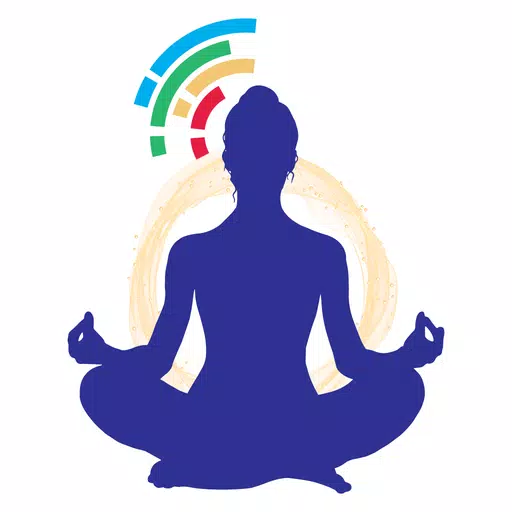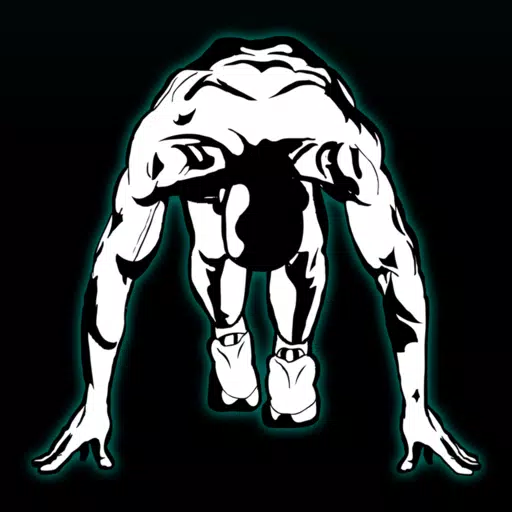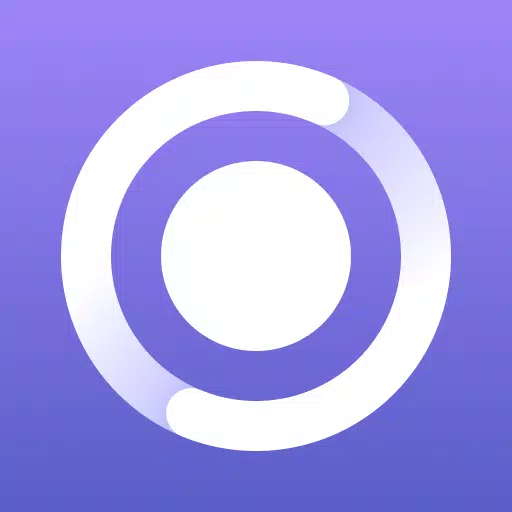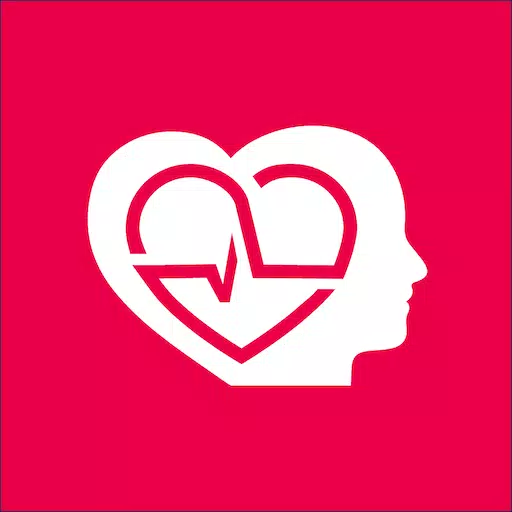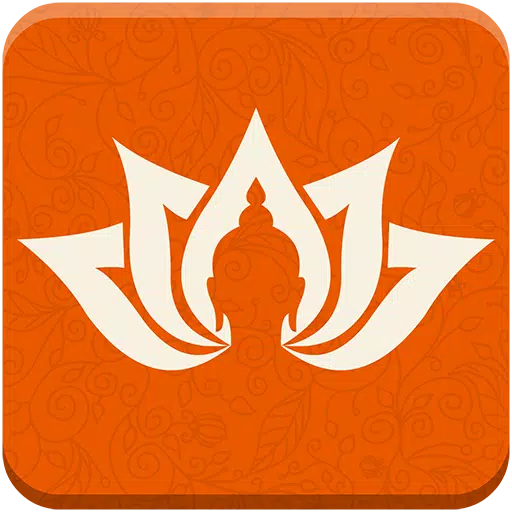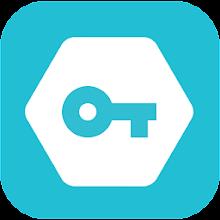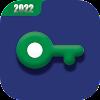Are you struggling to fall asleep or finding that your children are overly energetic after using tablets before bedtime? Do you use your smartphone or tablet late in the evening or suffer from light sensitivity during migraines? Twilight could be the solution you need!
Recent studies have highlighted that exposure to blue light before sleep can disrupt your natural circadian rhythm, making it harder to fall asleep. This disruption is due to the photoreceptor in your eyes called Melanopsin, which is sensitive to blue light in the 460-480nm range. This sensitivity can suppress the production of Melatonin, a crucial hormone for maintaining healthy sleep-wake cycles.
Research has shown that using a tablet or smartphone for a couple of hours before bed can delay sleep by about an hour. For more detailed information, refer to the studies listed below.
The Twilight app is designed to help by adjusting your device's screen to the time of day. It filters out the blue light emitted by your phone or tablet after sunset, replacing it with a soothing red filter. This filter's intensity is smoothly adjusted based on your local sunrise and sunset times, ensuring a comfortable viewing experience that promotes better sleep.
Twilight is also compatible with Wear OS devices, allowing you to enjoy the same benefits on your smartwatch.
For more information, visit our documentation page at http://twilight.urbandroid.org/doc/.
Enhance Your Experience with Twilight:
Bed Reading: Twilight offers a more eye-friendly experience for reading at night, capable of dimming your screen beyond the standard backlight controls.
AMOLED Screens: After extensive testing, Twilight has been shown to be safe for AMOLED screens over five years. It not only reduces light emission through dimming but also promotes more uniform light distribution, which could potentially extend the life of your screen.
Understanding Circadian Rhythms and Melatonin:
Learn more about how these biological processes affect your sleep:
Permissions Required:
- Location: To determine your local sunset and sunrise times.
- Running Apps: To pause Twilight in specific applications.
- Write Settings: To adjust the screen's backlight.
- Network Access: To connect with smart lighting systems like Philips HUE to minimize blue light exposure in your home.
Accessibility Service:
To ensure that your notifications and lock screen are also filtered, Twilight may request the use of the Accessibility Service. This service is used solely to enhance the filtering of your screen and does not collect any personal information. For more details, please visit https://twilight.urbandroid.org/is-twilights-accessibility-service-a-thread-to-my-privacy/.
Wear OS Integration:
Twilight syncs your Wear OS screen with your phone's filter settings, and you can easily control the filtering through a "Wear OS Tile".
Automation:
For advanced users looking to integrate Twilight with automation tools like Tasker, visit https://sites.google.com/site/twilight4android/automation.
Related Scientific Research:
- Amplitude Reduction and Phase Shifts of Melatonin, Cortisol and Other Circadian Rhythms after a Gradual Advance of Sleep and Light Exposure in Humans - Derk-Jan Dijk, & Co, 2012
- Exposure to Room Light before Bedtime Suppresses Melatonin Onset and Shortens Melatonin Duration in Humans - Joshua J. Gooley, Kyle Chamberlain, Kurt A. Smith & Co, 2011
- Effect of Light on Human Circadian Physiology - Jeanne F. Duffy, Charles A. Czeisler, 2009
- Efficacy of a single sequence of intermittent bright light pulses for delaying circadian phase in humans - Claude Gronfier, Kenneth P. Wright, & Co, 2009
- Intrinsic period and light intensity determine the phase relationship between melatonin and sleep in humans - Kenneth P. Wright, Claude Gronfier & Co, 2009
- The Impact of Sleep Timing and Bright Light Exposure on Attentional Impairment during Night Work - Nayantara Santhi & Co, 2008
- Short-Wavelength Light Sensitivity of Circadian, Pupillary, and Visual Awareness in Humans Lacking an Outer Retina - Farhan H. Zaidi & Co, 2007


